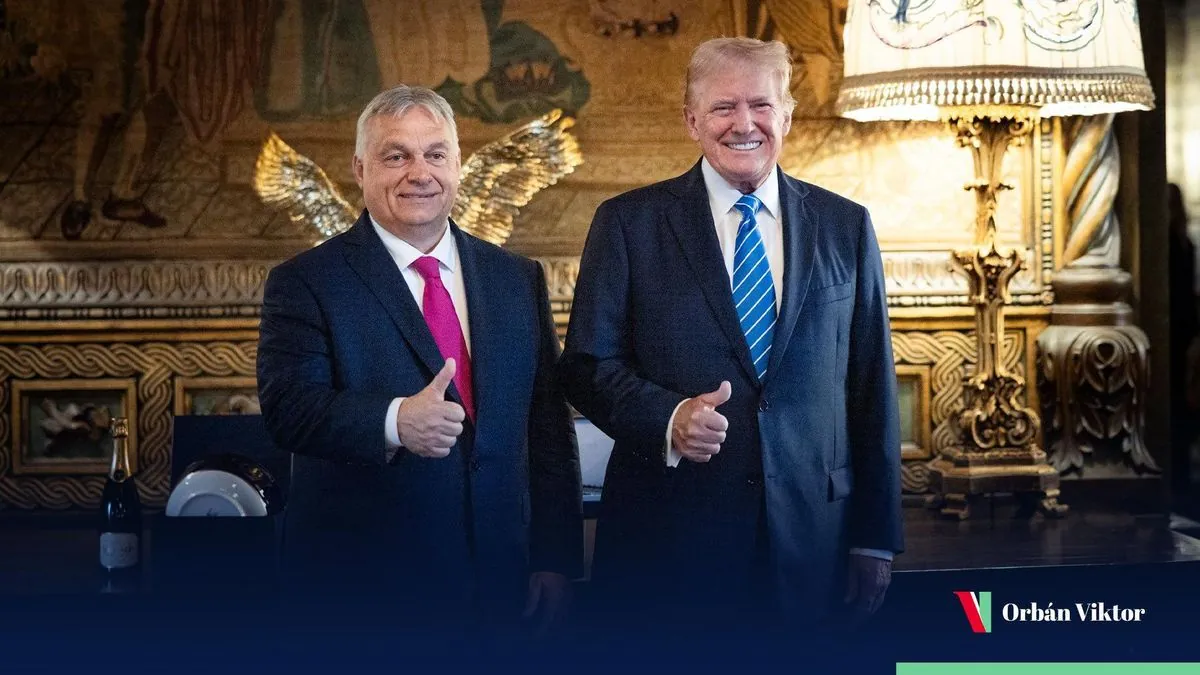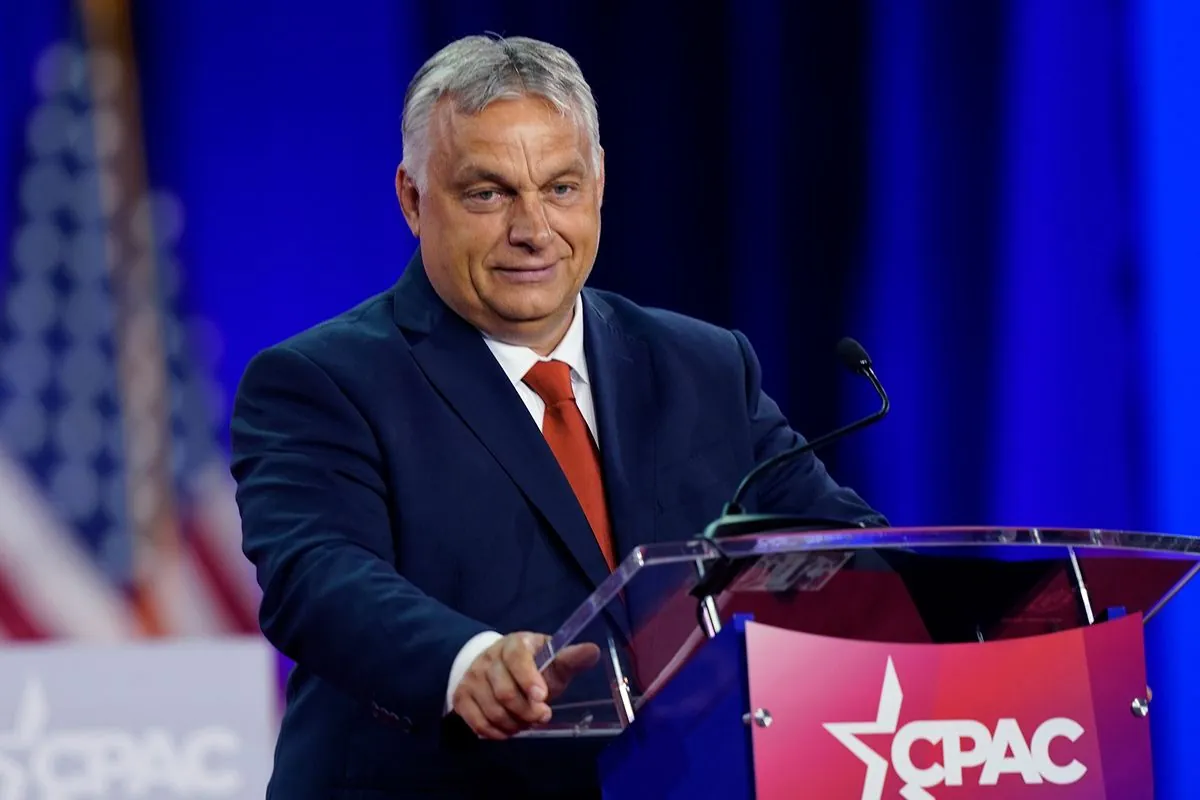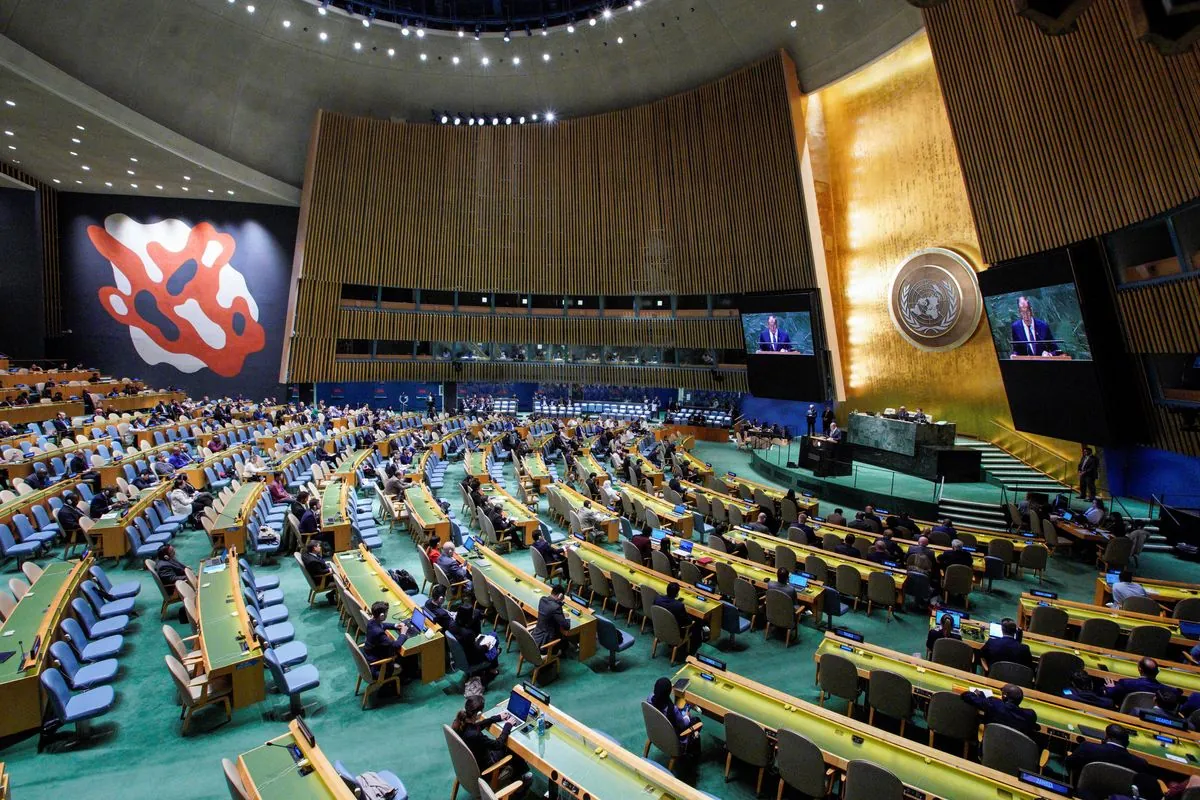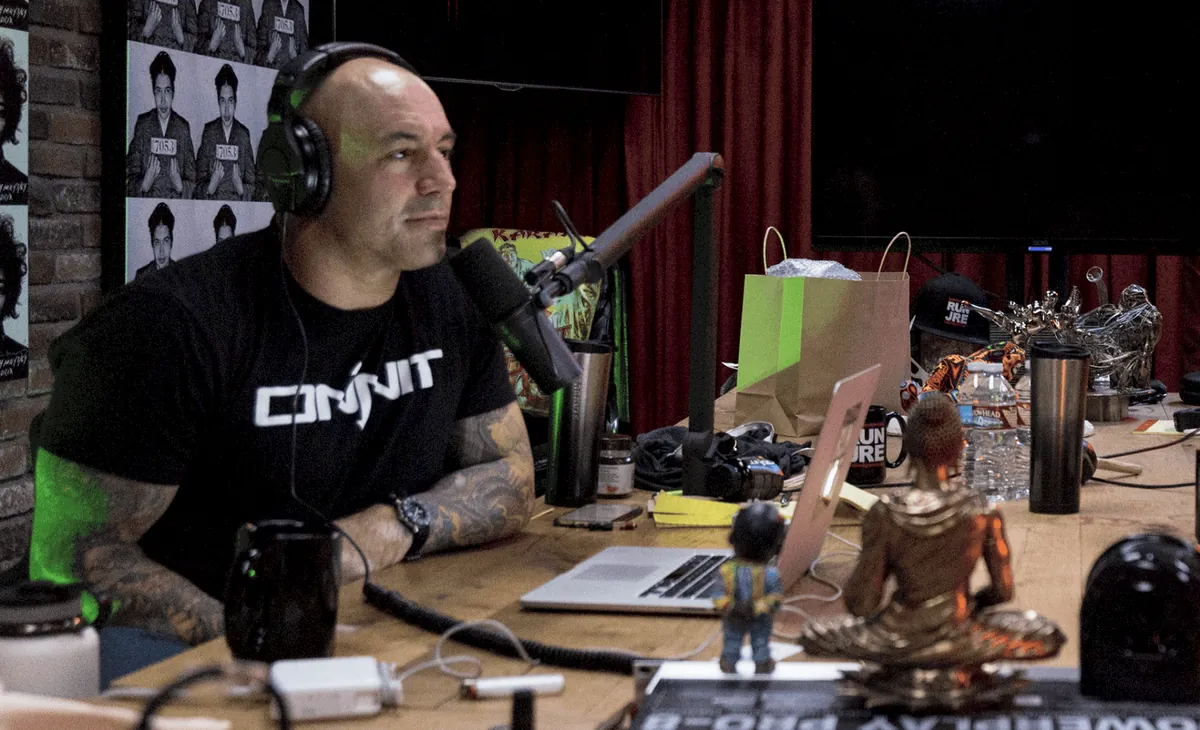Trump's Praise for Hungary's Orbán Sparks Debate on Democratic Values
Former U.S. President Donald Trump's admiration for Hungarian Prime Minister Viktor Orbán during a debate raises concerns. Orbán's controversial policies and Trump's embrace of the leader draw criticism from Democrats.

In a recent debate with Vice President Kamala Harris, former President Donald Trump expressed admiration for Viktor Orbán, Hungary's Prime Minister since 2010. This endorsement has reignited discussions about democratic values and international alliances.
Trump described Orbán as "tough" and "smart," citing the Hungarian leader's apparent respect for him. This praise comes despite Orbán's controversial policies, which have raised concerns among European Union members and human rights advocates.
Hungary, a nation of approximately 9.7 million people as of 2024, has been a member of the EU since 2004 and NATO since 1999. However, Orbán's leadership has been characterized by what he terms "illiberal democracy," a concept that has gained traction among some U.S. conservatives.
Orbán's government has implemented strict immigration policies, including the construction of a border fence in 2015. His administration has also been criticized for imposing restrictions on LGBTQ+ rights and media freedoms. These actions have led to accusations of democratic backsliding within Hungary, a country that transitioned from a centrally planned to a market-based economy in the 1990s.
Despite these concerns, Orbán has found support among certain U.S. conservative circles. His emphasis on traditional values and national sovereignty has resonated with some Republicans, including Trump. In 2019, Trump welcomed Orbán to the Oval Office, a move that raised eyebrows among some lawmakers.

The Hungarian leader's popularity among U.S. conservatives extends beyond Trump. Orbán has been a featured speaker at the Conservative Political Action Conference (CPAC), receiving a standing ovation in Dallas in 2022. His government's efforts to boost birth rates through financial incentives have been praised by those who share his concerns about demographic changes.
However, Orbán's close relations with Russia and China have strained Hungary's relationships within NATO and the EU. His stance on the Russia-Ukraine conflict, often seen as more sympathetic to Moscow, has been a point of contention with Western allies.
Trump's recent meeting with Orbán at Mar-a-Lago in July further solidified their alliance. Both leaders expressed optimism about resolving the Ukraine conflict, though details on how this would be achieved were not provided.
The embrace of Orbán by Trump has drawn sharp criticism from Democrats. Hillary Clinton referred to Orbán as a "democracy-killing Hungarian dictator" in a social media post, while Tim Walz, Harris' running mate, expressed concern over Trump's choice of international allies.
As the November election approaches, Trump's alignment with Orbán is likely to remain a topic of debate. It highlights the ongoing tensions between different visions of democracy and governance, both within the United States and on the global stage.
"They call him a strongman. He's a tough person, smart. Look, Viktor Orbán said it. He said, 'The most respected, the most feared person is Donald Trump. We had no problems when Trump was president.'"
This ongoing discussion reflects broader questions about the future of democratic values and international relations, as Hungary, once a symbol of post-Communist transition, now finds itself at the center of debates about the nature of modern governance.


































